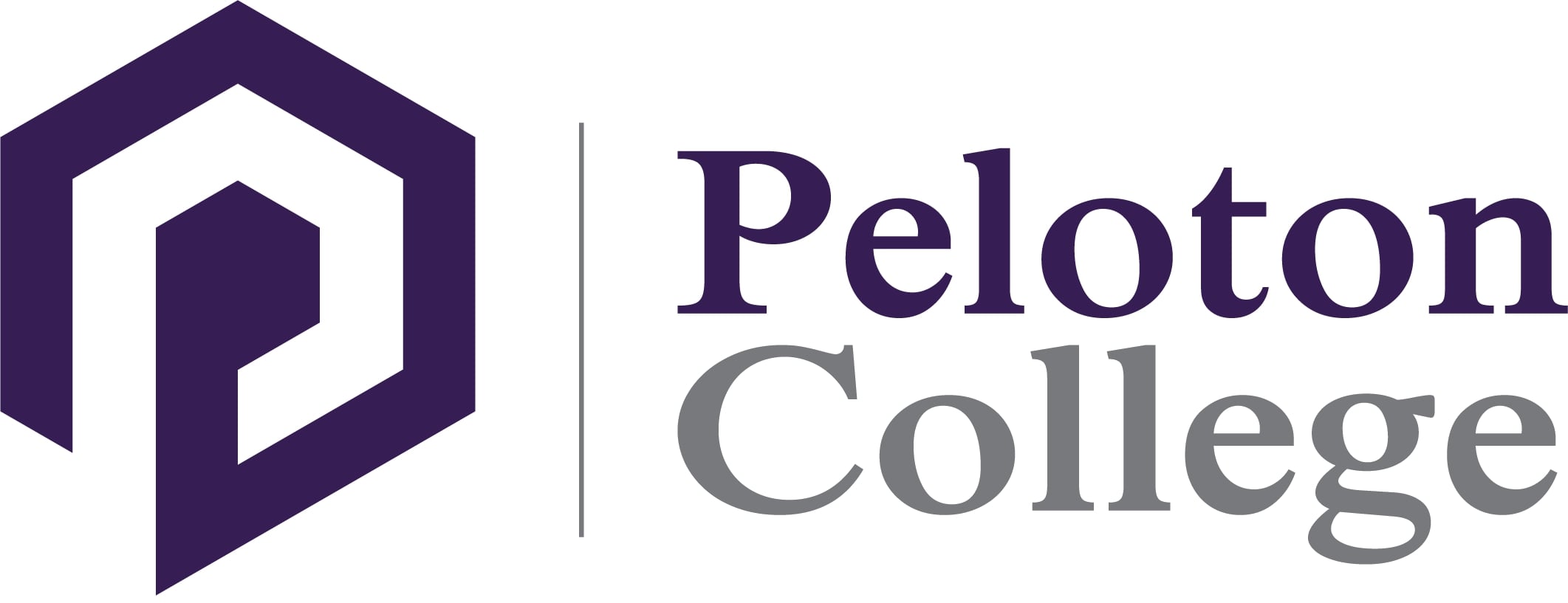Is Cybersecurity a Good Career?

Cybersecurity specialists are in-demand. Why? It’s estimated that data breaches cost many million per year in the United States. Cybercriminals launch their attacks on computers, network, or information system with malicious goals in mind. These attacks can be prevented and fixed with the help of cybersecurity specialists. Do perform this role, you must have the necessary skills and training to stop these cybercriminals. Luckily, more and more educational programs exist to prepare you with the proper training.
Why Someone Might Be Interested in Cybersecurity
There are many reasons why someone might be interested in a career in cybersecurity. Cybersecurity is made up of many roles, and it’s a field where you can choose from various careers. However, it requires technical skills in many aspects of computer science like networking and IT security. Some of the other reasons include:
Passion for Computers
Someone who is passionate about computers might be interested in this career path. Cybersecurity is hands-on and technical in nature. Those who love to tinker with computers or enjoy spending time using different software and tools should consider a career in cybersecurity. People that already have a career within networking and the internet may also enjoy cybersecurity as a specialization.
Problem Solving
Cybersecurity builds problem-solving skills. Those who love to solve puzzles or come up with solutions should take a deeper look into cybersecurity. Like most computer science jobs, cybersecurity requires a strong attention to detail. You will debug, find vulnerabilities, discover new hacking methods, and spot attacks or potential attacks. This takes an eye for malicious code and open ports.
Helping Others
Another reason why someone might want a career in cybersecurity is to help others. Some people are inclined to help others but don’t want a career in hospitality or the medical field. How can this satisfy that goal? You can be an integral force to stop others from getting hacked, prevent hackers from stealing their identity or information, and protect a company’s information or assets.
Is Cybersecurity a Good Career?
The short as is yes. Cybersecurity is currently an in-demand career path. It’s projected to grow 33 percent by 2030, according to the U.S. Bureau of Labor Statistics. Not only is it an in-demand field, but you continue to learn throughout your career. Cybersecurity is evolving and you’ll need to keep up with the newest trends for security vulnerabilities, phishing, hacks, and attacks. People that love to learn new ideas and technologies will enjoy this aspect of the job.
How Do You Become a Cybersecurity Specialist?
The cybersecurity career path isn’t easy, but nothing worth doing is ever easy. You can go the untraditional route of self-teaching. However, you may develop gaps in your knowledge that an employer may anticipate. Why? Cybersecurity isn’t an entry-level position. You must first know the basics of information technology and computer science, then you can learn the rest to truly understand how and why cybersecurity is important. Self-taught learning gives you some of what you need to know but there are some things that only an experienced instructor in a formal educational setting can teach you.
A Formal Education
A traditional school is an easy way to receive formal education. A cybersecurity educational program teaches you the fundamentals and lays a foundation that you can build upon throughout your entire career. They offer externship opportunities, one-on-one guidance/mentorship, and are generally more well-received by employers. You’ll enjoy a well-rounded education and have the preparation needed for a job in cybersecurity.
What Do You Learn During a Cybersecurity Associate Degree Program?
This degree program will prepare you for the many certifications and skills that you will need to succeed as a cybersecurity specialist. The Associate of Applied Science in Cybersecurity training program at Peloton College prepares you to take certifications include CompTIA A+, Network+, Security+, Linux+, Pentest+, and the CySA+.
Some of the skills you will learn are offensive and defensive strategies, scripting, cryptography, threat analysis, policies and ethics, and networking. You will also learn about cloud computing, forensic accounting, and penetration tester.
What Jobs are Available for Cybersecurity Program Graduates
There are many jobs within the cybersecurity career path. They include:
Ethical hackers
Ethical hackers are “white hat” hackers who can behave like malicious hackers. However, the organization gives them consent to hack their infrastructure. They’re trained to stress-test a business or organization’s network and security procedures, both externally and internally. They find the vulnerabilities and weak areas. They do web application penetration testing to test an organization’s equipment and ensure proper storage and security, explore “black hat” hacker methods, and attempt to trick employees into revealing sensitive information.
In-Person Penetration Tester
In-person penetration testers spend their time conducting tests and assessments on an organization’s assets. Often, they will use OSINT tools, drones, and Google Earth to plan their entry. This job requires traveling to the organization and testing near or within the building. Once the pen tester has evaluated the security, they will write up a plan to fix what’s wrong. This includes detailed reports for the company that discuss costs and the tools needed to implement the fixes. When the plan gets approval, they will implement and retest to ensure all is in working order.
Network Defense Analysts
Network defense analysts monitor client networks to detect malicious and suspicious activities. These malicious activities can compromise sensitive information. Analysts will review logs using security tools and network analyzers, reporting on events, intruders, and any incidents. This position may work alongside system administrators or infrastructure engineers.
Digital Forensics
Digital forensics requires an in-depth knowledge of cybersecurity concepts. This job involves doing research and investigating cybercrimes. The role focuses on recovering encrypted, hidden, or deleted information. Digital forensics specialists ensure the chain of custody has integrity for the court. Other duties include offering expert opinions to law enforcement, participating in police interviews, and preparing evidence for trials.
Cybersecurity Analyst
Cybersecurity analysts protect the company’s assets from cyberattacks. They’ll focus on the company’s infrastructure and monitor it. When an incident occurs, they evaluate, handle the incident and report the incident in great detail.
Security Engineer
Security engineers have different tasks based on the company size, industry, and how many people are on the security team. Some of their duties may include identifying security measures and improving responses, coordinating incident responses, and performing security assessments. Other duties may include researching new attacks, developing threat models, and solving security vulnerabilities.
NOC/SOC
Network Operations Center/Security Operations Center workers have similar jobs. NOC is the team that ensures the network infrastructure meets the needs of the business. They troubleshoot and optimize the network. SOC protects the network against cyber-attacks. They ensure the security of a company’s assets and prevent attacks.
GRC Specialist
Governance, Risk, & Compliance specialist is a niche role in cybersecurity. This job focuses more on government policy. Duties include implementing security controls and a risk assessment framework. This specialist evaluates risks and develops security standards and procedures. Documentation is required and often presented to stakeholders. They may also train or guide other security team members on the policies and assessment functions.
Network Engineer
Network engineers build, create, implement, and maintain networks for organizations. Network engineers maintain firewalls, virus protection, and backups. They’re also responsible for installing equipment including VPNs, routers, and performing diagnostics and maintenance tasks.
Final Thoughts
Cybersecurity is a growing and in-demand field. This cybersecurity degree can open the door to dozens of jobs and opportunities. There are many different paths you can take and each one requires different skills. Get the skills, knowledge, and certifications you need to succeed as a cybersecurity specialist at Peloton College today.
Want to Learn More?
The Associates of Applied Science in Cybersecurity training program is designed to teach you the skills for entry-level jobs in the Cybersecurity industry. The Cybersecurity training program prepares and supports you in obtaining several certifications in support of your cybersecurity career including CompTIA’s A+, Network+, Security+, Linux+, Pentest, & CySA+.
The mission of Peloton College is to be the premier provider of hands-on training and education by providing students and graduates with the necessary skills to secure occupational careers. Contact us today to learn more.



